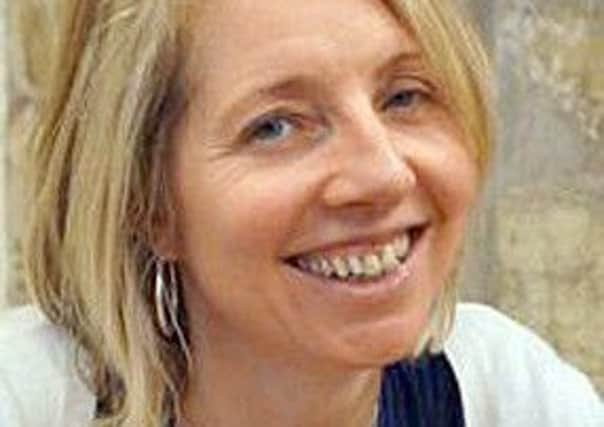Don't call them brutes... early man had an NHS, study finds


Neanderthals, primitive humans who became extinct around 40,000 years ago, may have enjoyed a surprisingly effective healthcare system, according to new research in Yorkshire.
Their early health service operated on a widespread basis and should be seen as a “compassionate and knowledgeable response to injury and illness”, a study by the University of York found.
Advertisement
Hide AdAdvertisement
Hide AdScientists knew already that Neanderthals sometimes provided care for the injured, but new analysis suggests they were genuinely caring of their peers, regardless of the level of illness or injury, rather than helping others out of self-interest.
Dr Penny Spikins, the report’s lead author, said: “Our findings suggest that Neanderthals didn’t think in terms of whether others might repay their efforts – they just responded to their feelings about seeing their loved ones suffering.”
Our knowledge of primitive man comes from bone fragments unearthed by archeologists, some of which reveal severe injury. In some cases, detailed examinations have shed light on a range of debilitating conditions and injuries.
The injuries often occurred long before death and would have required monitoring, massage, fever management and hygiene care, the study suggests.
Advertisement
Hide AdAdvertisement
Hide AdAnalysis of a male aged around 25-40 at time of death revealed a catalogue of poor heath, including a degenerative disease of the spine and shoulders.
His condition would have sapped his strength over the final year of his life and severely restricted his ability to contribute to the group.
Yet the researchers believe, based on his careful burial, that he remained part of the group.
Dr Spikins said: “We argue that the social significance of the broader pattern of healthcare has been overlooked, and interpretations of a limited or calculated response to healthcare have been influenced by preconceptions of Neanderthals as being ‘different’ and even brutish.”
Advertisement
Hide AdAdvertisement
Hide AdShe added: “A detailed consideration of the evidence in its social and cultural context reveals a different picture.
“The very similarity of Neanderthal healthcare to that of later periods has important implications. We argue that organised, knowledgeable and caring healthcare is not unique to our species but rather has a long evolutionary history.”
The study was published in the journal, World Archaeology.